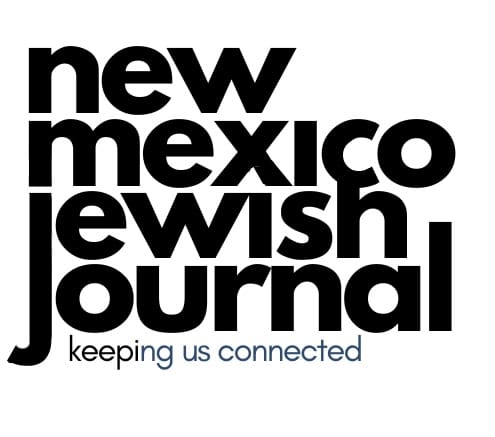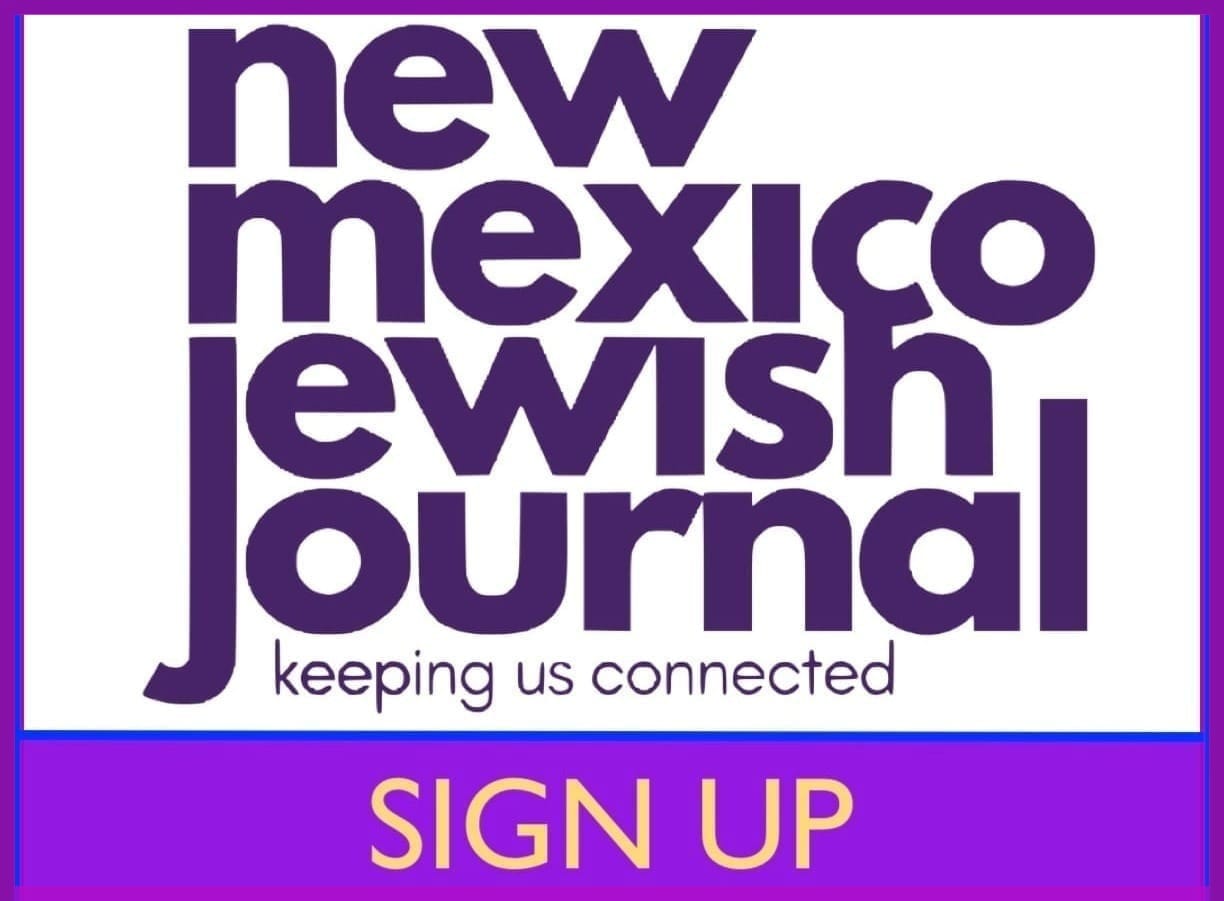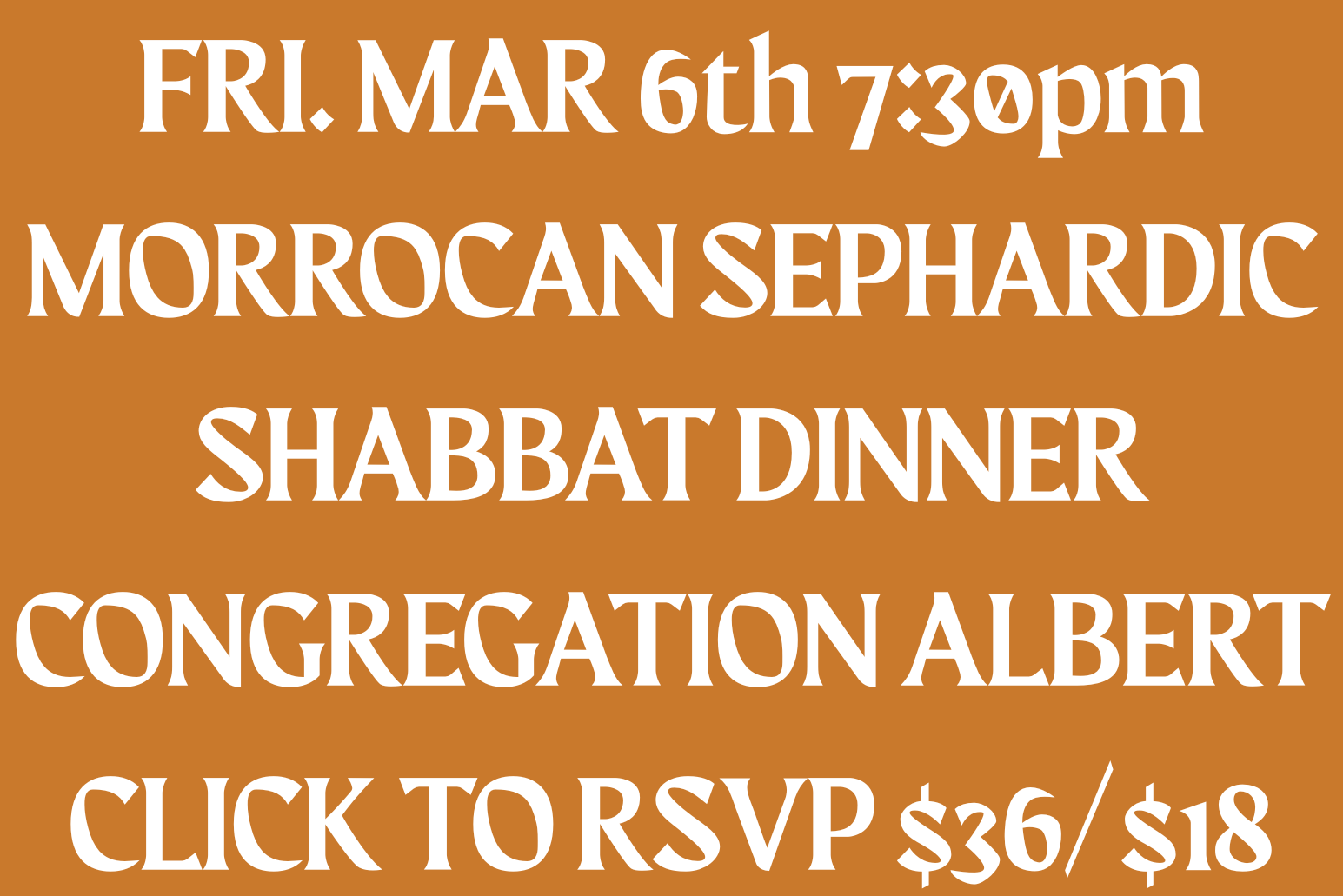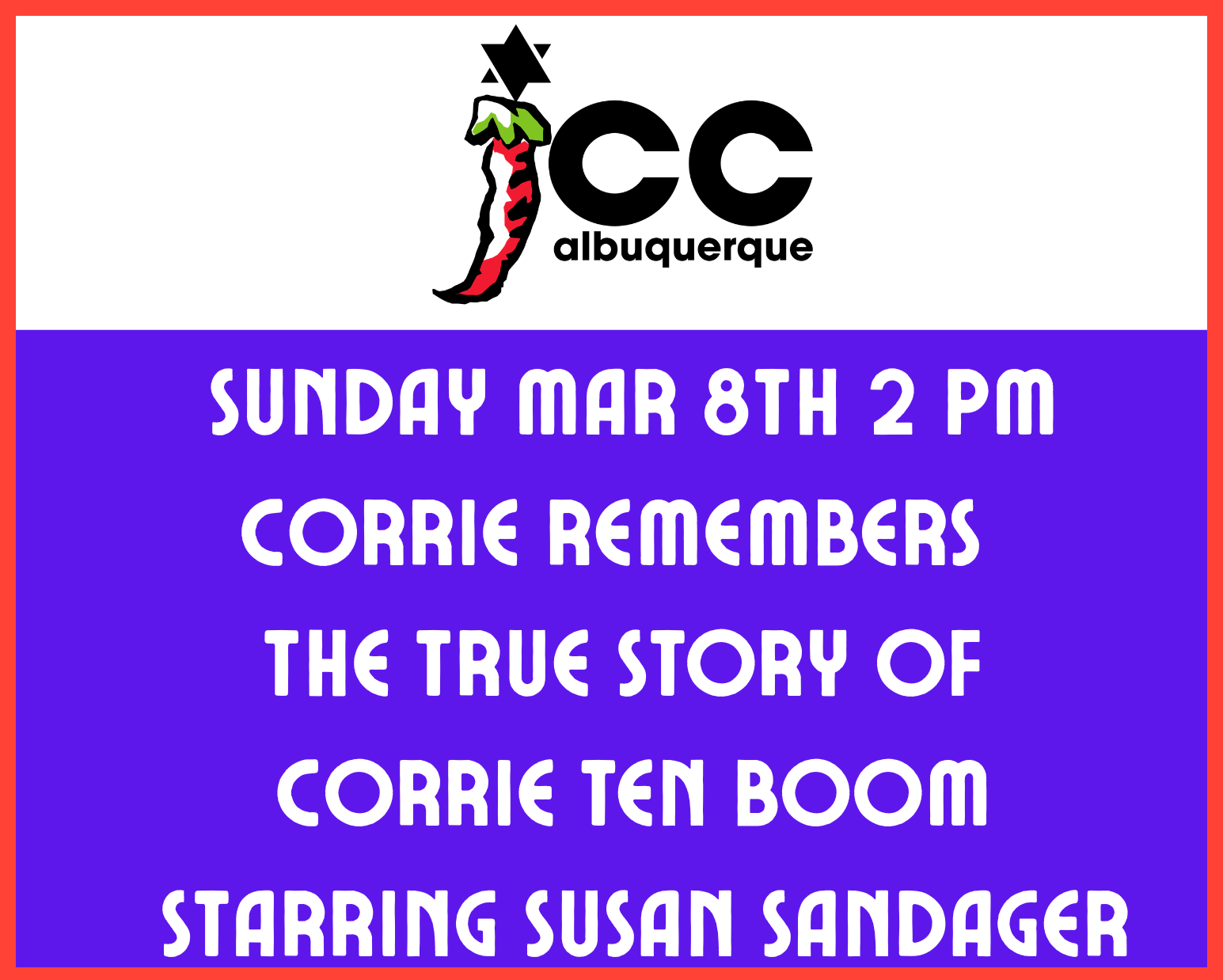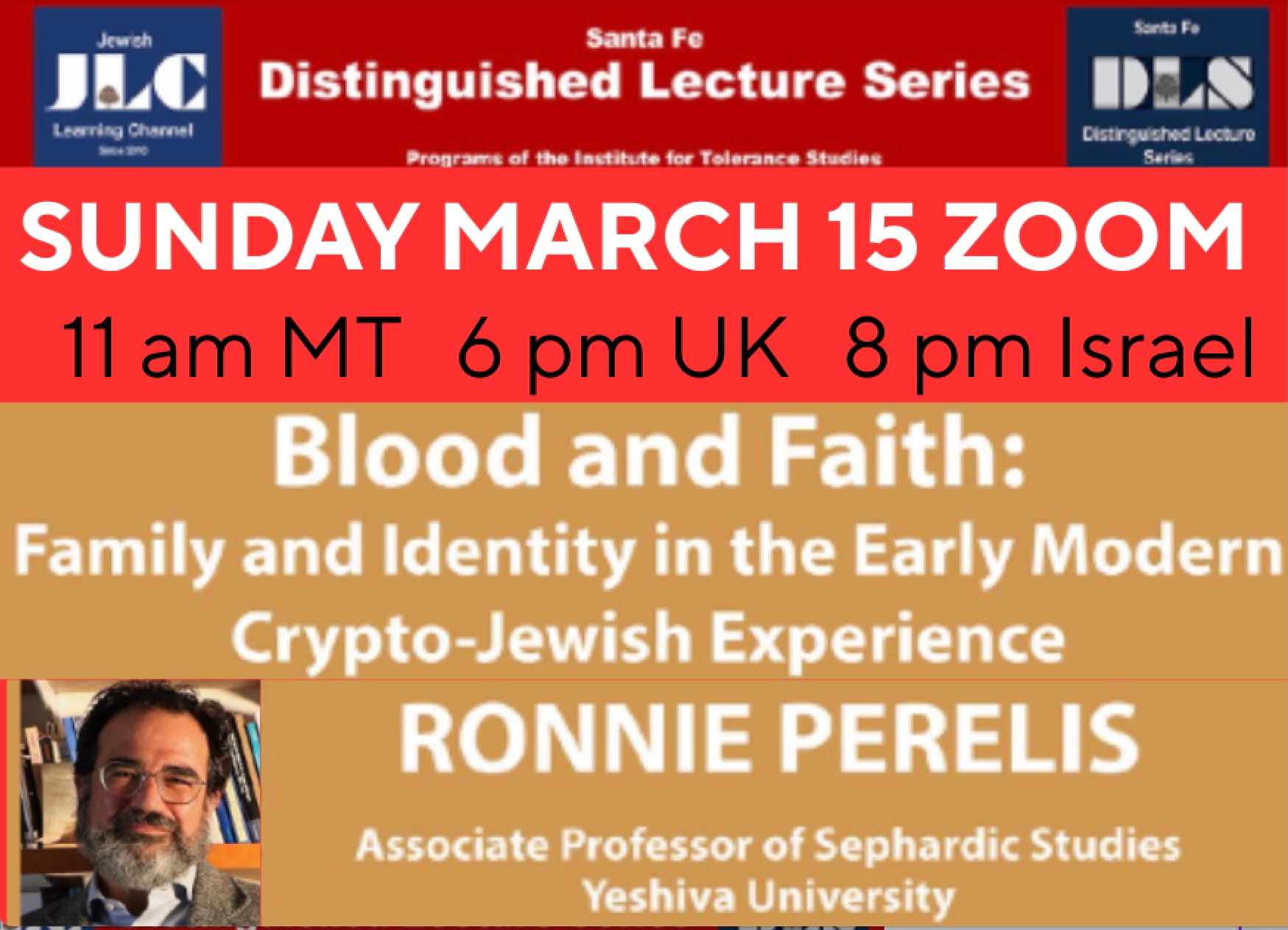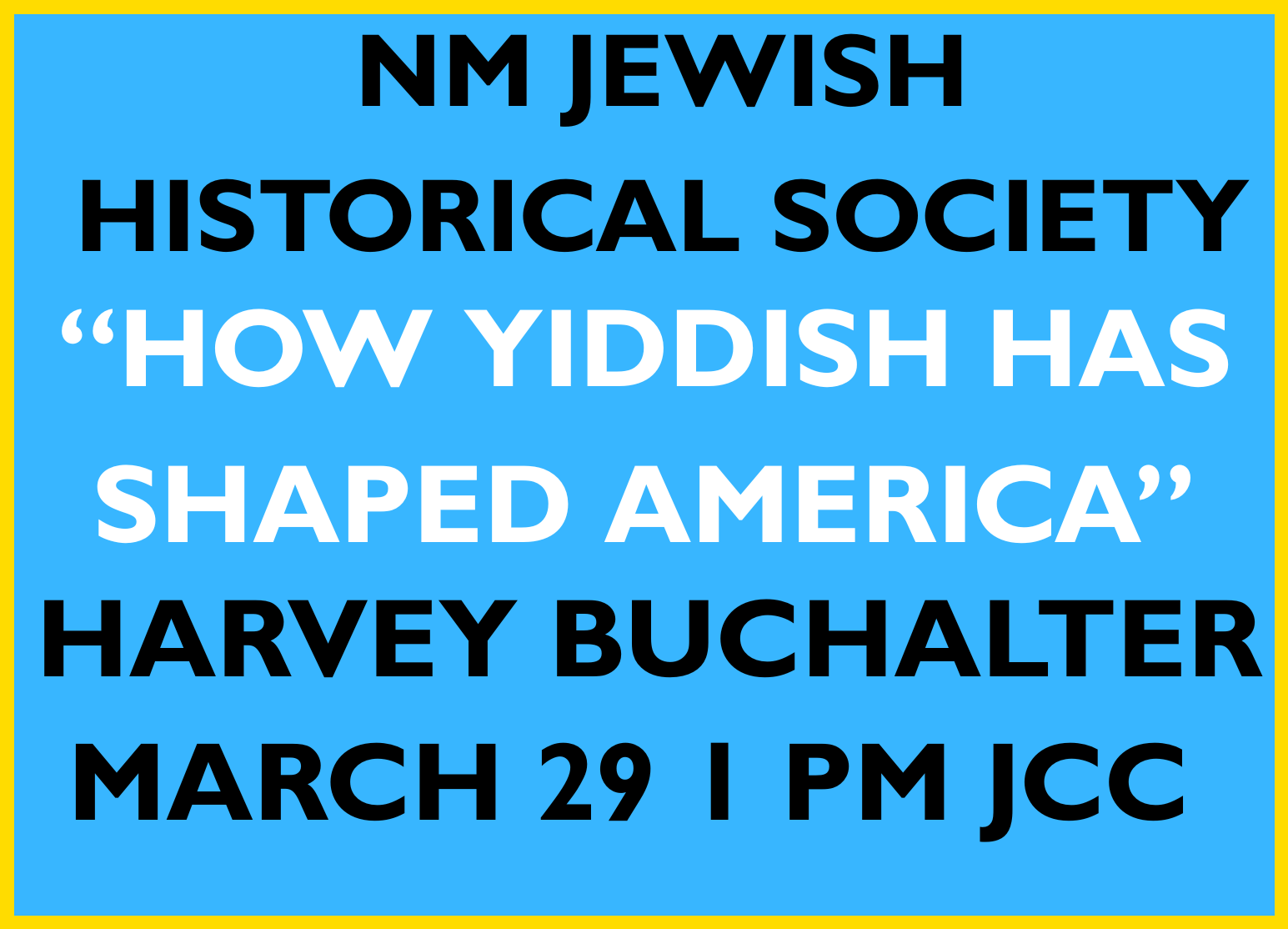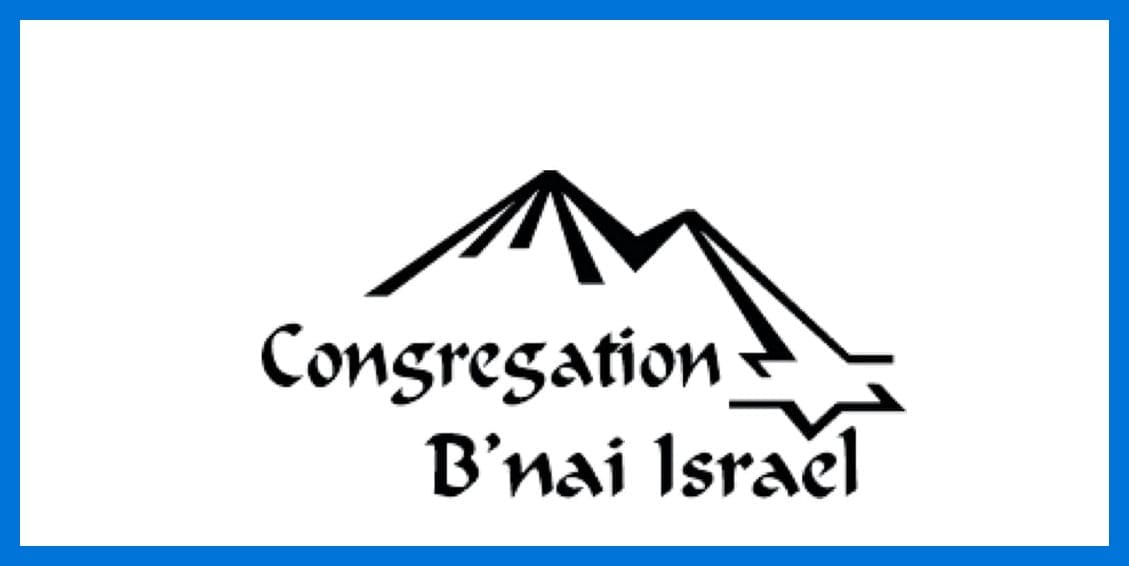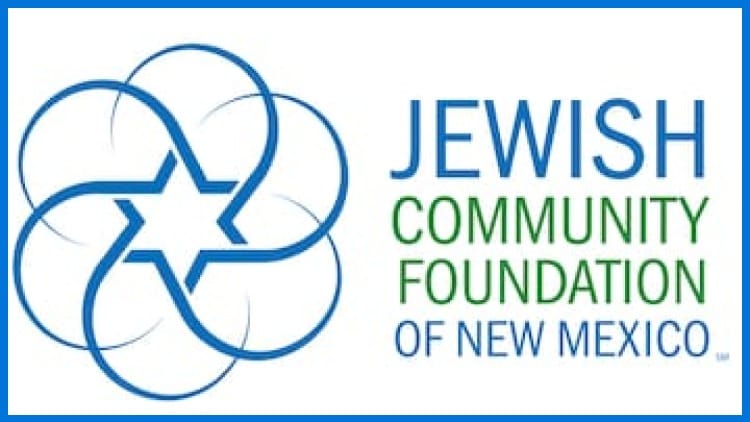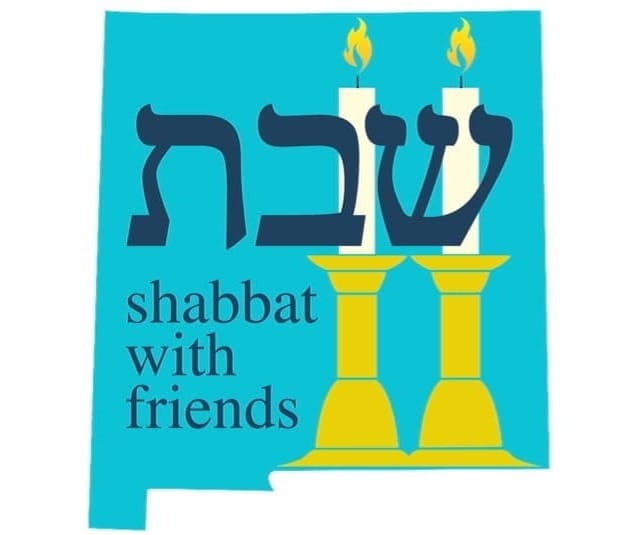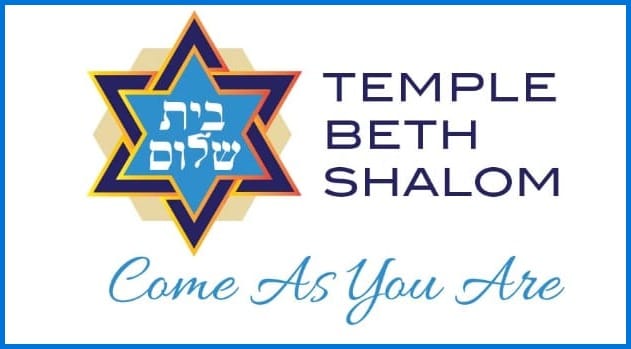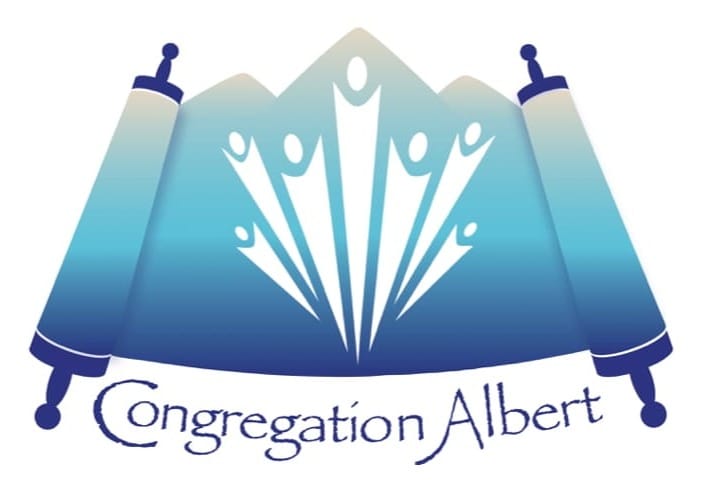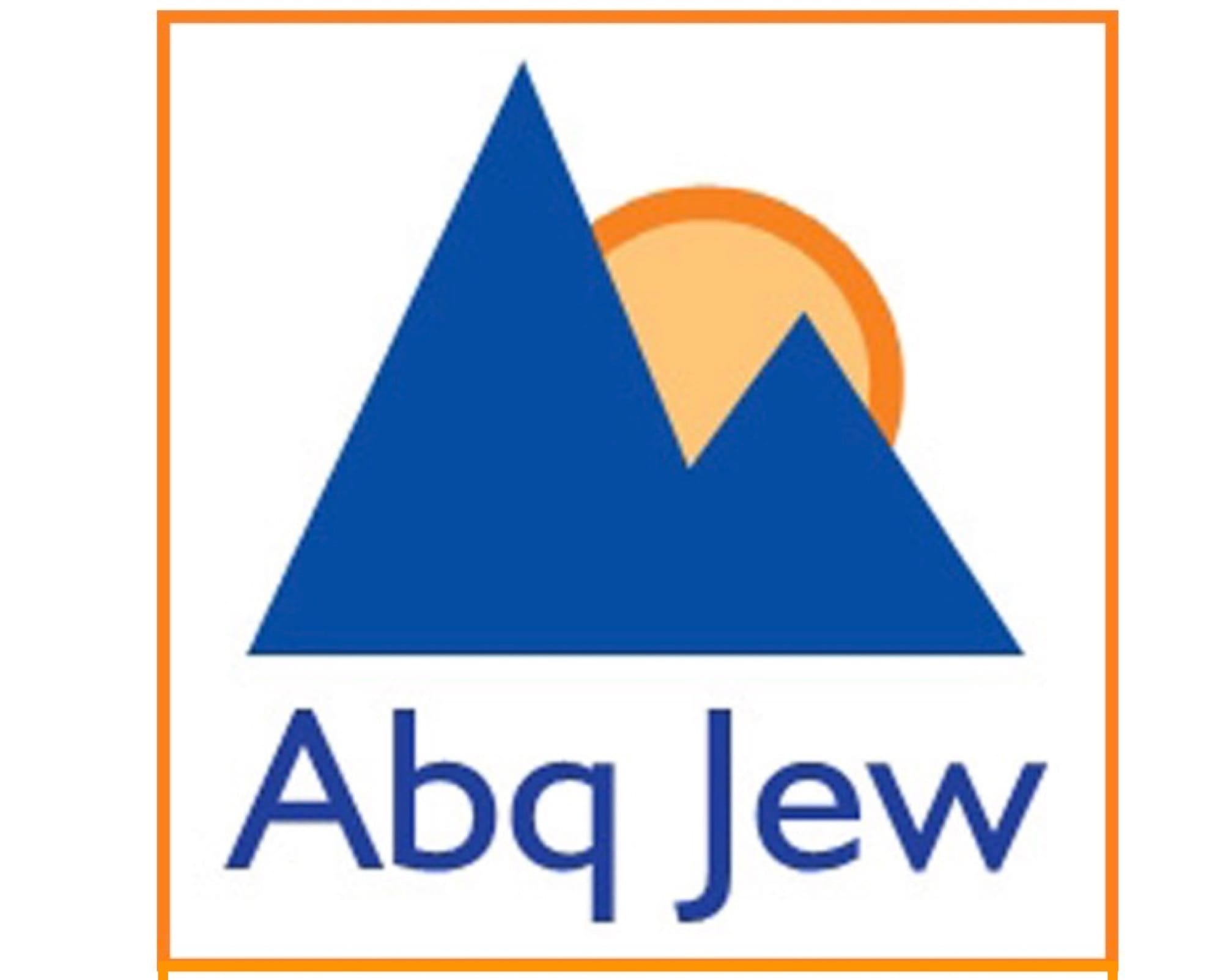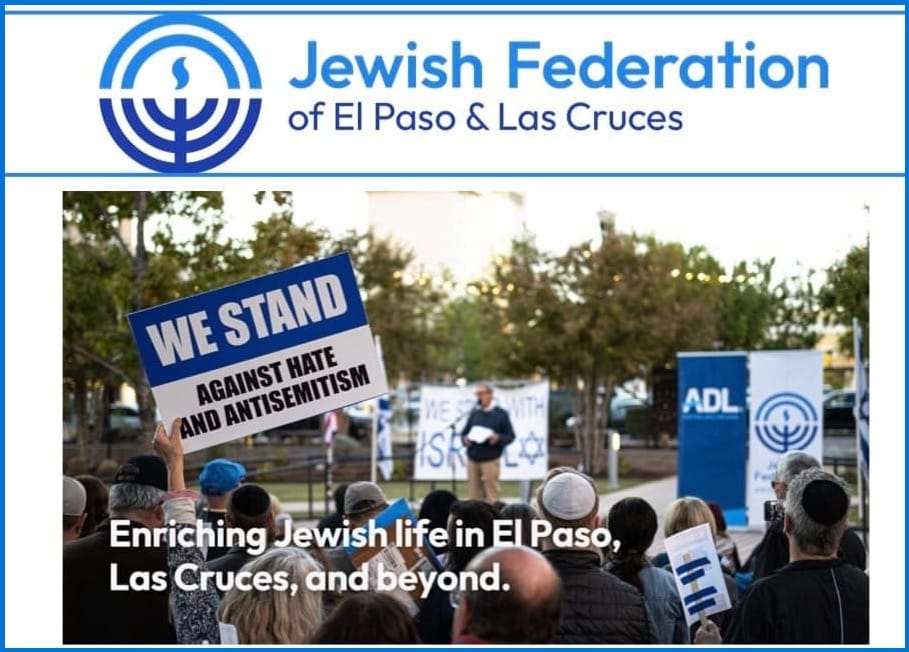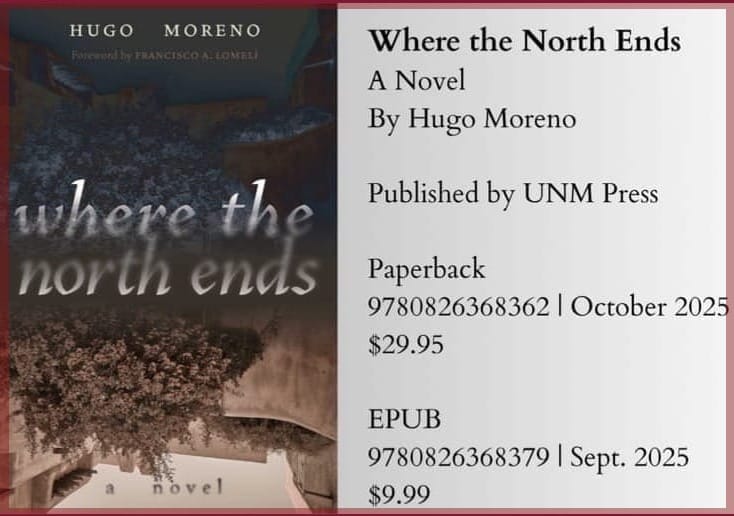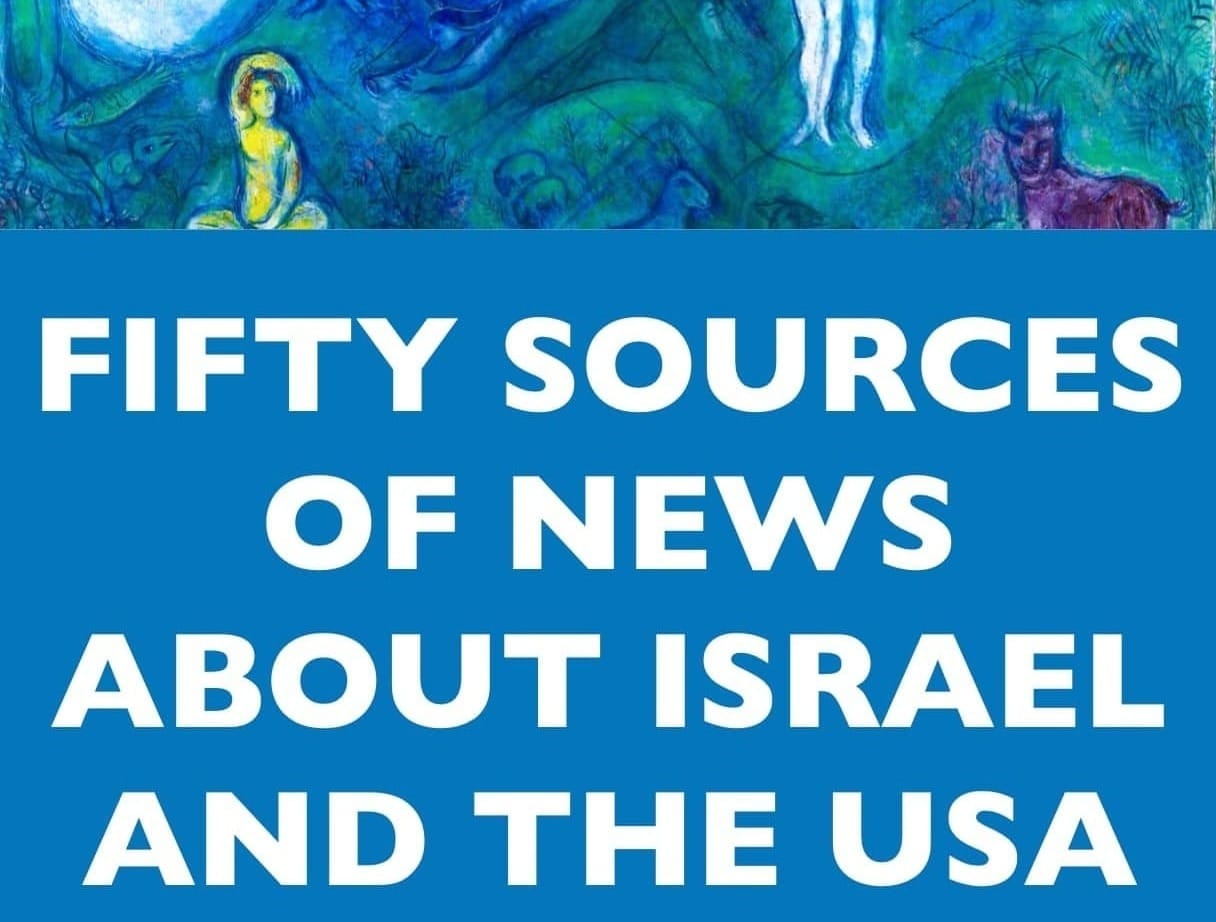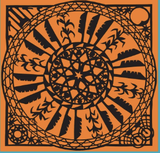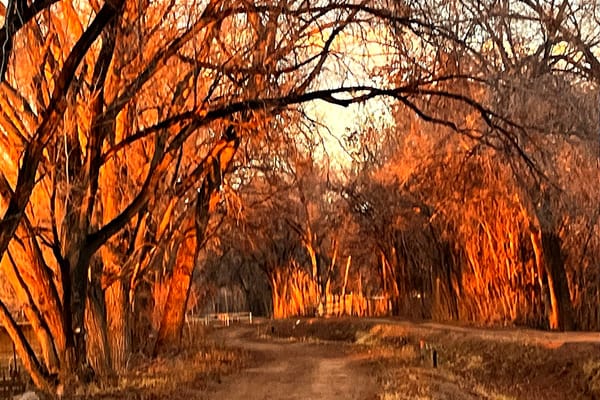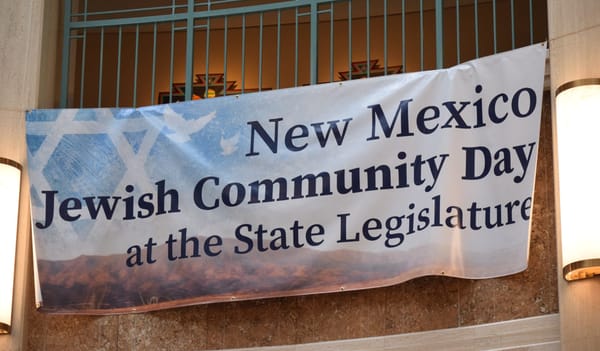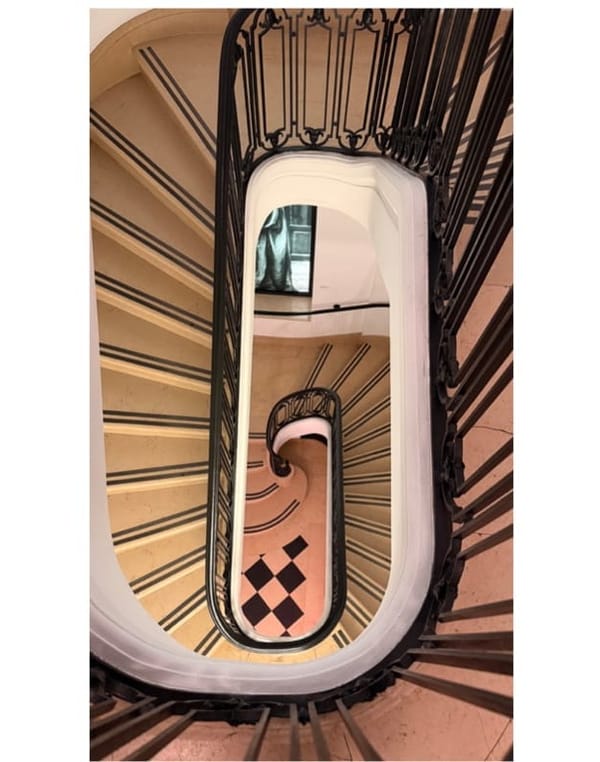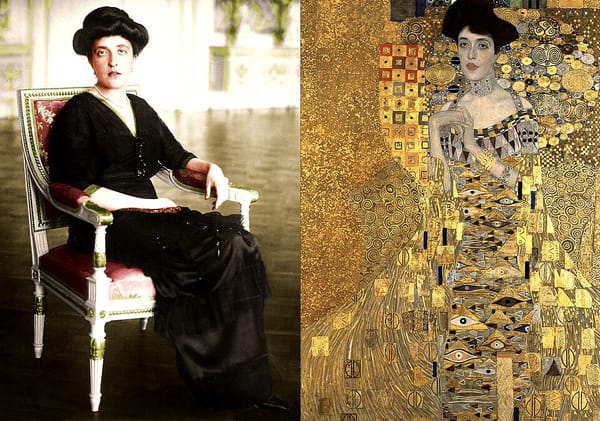"Extinguished Lives" world-premier short documentary; interview with filmmaker Roberta Grossman, SFIFF OFFICIAL SELECTION
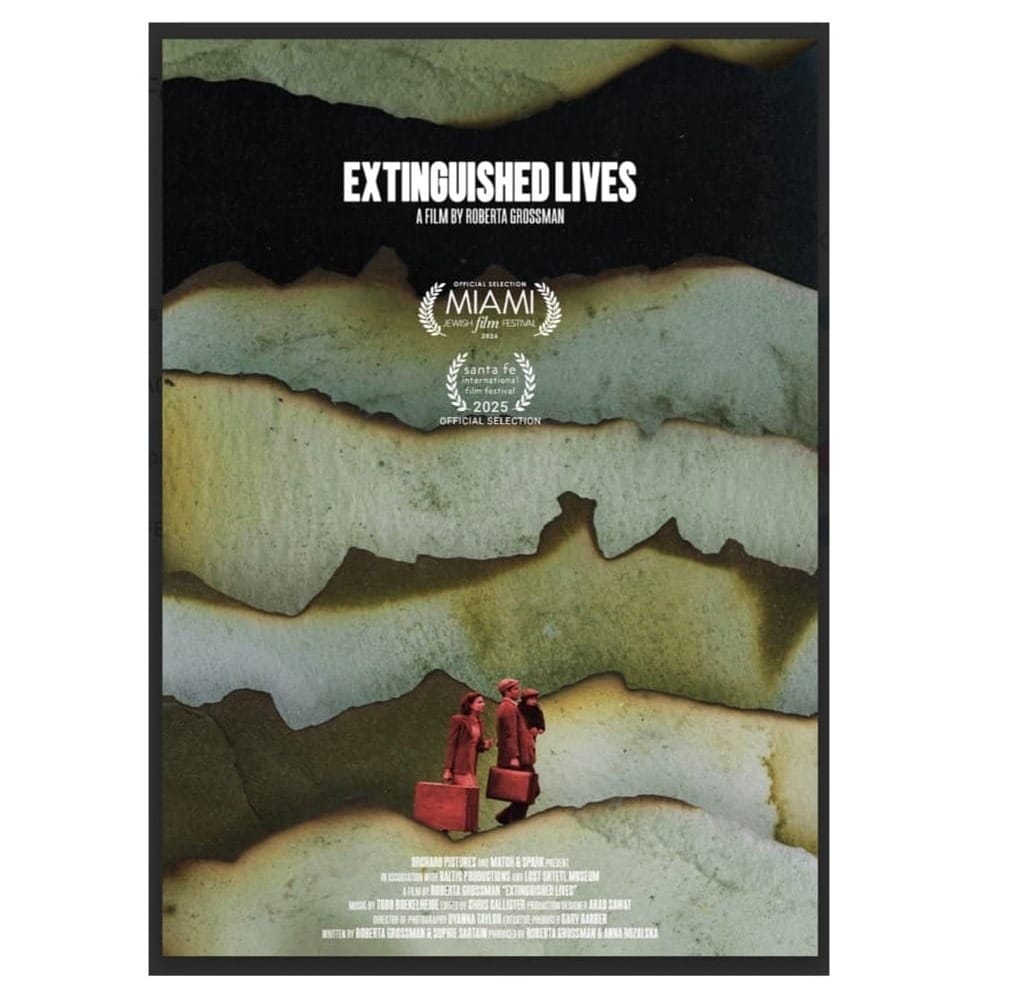
"When a young bride and her husband escape the Nazi onslaught for the safety of her childhood home—a remote Jewish village in Lithuania—they discover that the most chilling threat may come not from the invaders, but from those they once called neighbors."
"Extinguished Lives" is the world premiere short documentary by Roberta Grossman. It will be in a group of short films screened during the Experimental Shorts program Oct. 17, from 10 a.m. to 11:40 a.m. at the Kathyrn O'Keefe Theater at Museum of Indian Arts and Culture, located on Museum Hill off of Old Santa Fe Trail. 710 Camino Lejo, Santa Fe, NM. Arrive early. ETickets here,
This DIRECTOR’S STATEMENT by Roberta Grossman explains how the film came about: "Several years ago, I was given the enviable task of creating a series of short films for a new museum in Lithuania: the Lost Shtetl Museum. As its name suggests, both the museum and our films aim to revive a lost civilization – the vibrant culture of thousands of Yiddish-speaking shtetls (small towns) that flourished across Eastern Europe for centuries. Our team was given the time and expert guidance to meticulously reconstruct these environments with historical precision, allowing us to evoke not only the physical spaces but the spirit of a lost culture.
The short film Extinguished Lives originated from this process. While making these films, I discovered the story of Frida Iskovitz and her family. I was deeply moved by Frida’s narrative of loss, fate, and love, and I was determined to share her story with a broad international audience through the short film “Extinguished Lives.”
A short conversation with Roberta Grossman
By Diane Joy Schmidt
NMJJ: The film opens with a statue of a small girl. The girl is looking down, downcast, and then she begins to move, her head lifts up and she opens her eyes. I was struck by that, because when we look at statues, we don't see what they're representing, what we're really looking at, and she came to life.
Roberta Grossman: I wanted to try to find some way to use cinematic techniques that aren't often used within documentaries to just sort of arrest attention. And, I thought it was a poignant image, that the statue itself was, you know, quite an image of a young girl. And because my film was based on the testimony of a young woman who grew up in that town, and she escaped. But there were children who were part of the murdered community. And I thought that there was a kind of a moral voice there.
NMJJ: The film tells what happened, but not why. Is that something the viewer is supposed to be asking themselves?
Roberta: We need to be very aware that we can't turn against our neighbors, and that once you start seeing a group of people as ‘Other’ then it is a very slippery slope to violence.
NMJJ: We have had in the last month actually, announcements from The White House telling people to turn in, to report on their colleagues who might be saying something against - after the assassination of Charlie Kirk. How close are we now?
Roberta: I don't know, but it's terribly frightening.
NMJJ: Yes, it is. Do you have another film that you're working on now?
Roberta: No, I don't, because I started a nonprofit called Jewish Story Partners, and we give grants to documentary films with Jewish content, and I'm the Executive Director of Jewish Story Partners. And. I work now full time on that endeavor, so I'm not actively making another film right now.
NMJJ: How do you feel doing that? Is it satisfying?
Roberta: Well, there's nothing more satisfying than making, and especially completing a film. But I feel that I'm sort of uniquely aware of how hard it is to get the resources to tell a film with Jewish content, and I think those are valuable stories to tell, and I feel like I'm in sort of a unique position because of my past as a filmmaker making films on these subjects, to speak to potential donors about the importance of Jewish stories, and also to work with my colleagues to select the best films we get. There's a lot of stories that people want to tell. So, I feel it's very important to me to help support filmmakers who want to tell Jewish stories. There's a lot of films that we've supported that are coming into the world and doing very well and helping to expand the Jewish story. We're funders of "My Underground Mother." So, yes, that's satisfying.
I hope Extinguished Lives is a film that stands on its own as a film and as a story, a story that deserves to be told and heard. And I hope that people might be intrigued to go visit the Lost Shtetl Museum in Lithuania, because it's pretty spectacular. It just opened in September. It's been in the making for like 10 years.
And I hope that people will once again, realize just how stupid the Holocaust was, just how unnecessary and, you know, crazy. And we can't be naive. We have to stand up. So no, we shouldn't be turning in our colleagues who make comments. And no, we shouldn't be standing by when our neighbors are deported, and on and on and on.
I hope that it's some kind of moral call to action, that even at minimum, this film helps expand the understanding of the Holocaust, because there hasn't been that much understanding or exploration of the Holocaust in Lithuania and the other Baltic states and also, I believe that Jews are still processing, and we will probably be doing so for a long time.
NMJJ: Why was this town chosen?
Roberta: It's in Šeduva. It was a shtetl, a Jewish shtetl. A lot of South African Jews came from Lithuania, and the anonymous donors were descendants of that town.
NMJJ: Thank you. I found the film was very powerful. I screened it with my husband, and he commented that for such a short film (17 minutes), he felt it was more powerful than a feature-length film.
ROBERTA GROSSMAN BIO
Director, Extinguished Lives
Roberta Grossman is an award-winning filmmaker and co-founder of the nonprofit film-granting organization Jewish Story Partners. A member of the Academy of Motion Picture Arts and Sciences and the Writers Guild of America, she has written, directed, and produced over 40 hours of film and television. Her work includes "Who Will Write Our History" (2018), "Seeing Allred" (Sundance, 2018),
"Above and Beyond" (2014), and "Hava Nagila (The Movie)" (2012), which screened as the opening or closing night selection at over 30 film festivals. Her 2008 documentary "Blessed Is the Match: The Life and Death of Hannah Senesh" was shortlisted for an Academy Award and nominated for a Primetime Emmy. Grossman also produced "Dorothea Lange: Grab a Hunk of Lightning"
(PBS/American Masters, 2014), "500 Nations" (CBS), and "Homeland: Four Portraits of Native Action" (PBS, 2005). She was awarded the Taube Jewish Peoplehood Award in 2020 for her contributions to preserving Jewish heritage and identity through film. Most recently, she created a series of films for
the Lost Shtetl Museum in Lithuania.
Community Supporters of the NM Jewish Journal include:
Jewish Community Foundation of New Mexico
Congregation Albert
Jewish Community Center of Greater Albuquerque
The Institute for Tolerance Studies
Jewish Federation of El Paso and Las Cruces
Temple Beth Shalom
Congregation B'nai Israel
Shabbat with Friends: Recapturing Together the Joy of Shabbat
New Mexico Jewish Historical Society
Where the North Ends, A Novel by Hugo Moreno
Policy Statement Acceptance of advertisements does not constitute an endorsement of the advertisers’ products, services or opinions. Likewise, while an advertiser or community supporter's ad may indicate their support for the publication's mission, that does not constitute their endorsement of the publication's content.
Copyright © 2025 New Mexico Jewish Journal LLC. All rights reserved.
